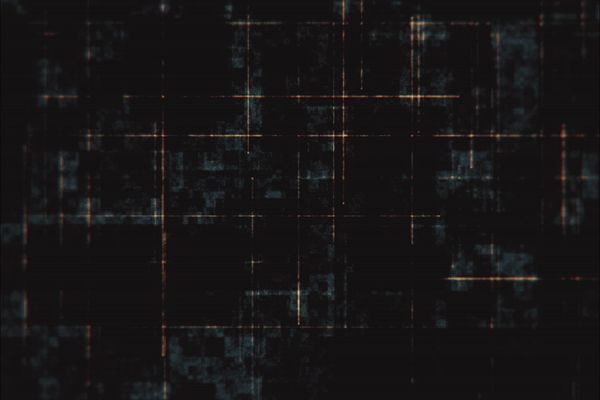Prioritizing censorship of the ‘Full Metal Jacket’ poster is misguided

There was a sacrilegious scrubbing that occurred.
Recently, actor Matthew Modine made a shocking discovery on Amazon Prime. The platform had seemingly altered the iconic poster for Stanley Kubrick’s 1987 war film “Full Metal Jacket,” starring Modine and Vincent D’Onofrio.
The words “Born to Kill,” written on a camo Marine helmet, were suddenly missing.
However, the peace sign on the helmet was left untouched; it seemed that someone sensitive had decided the words were too controversial to be displayed.
“Who made the decision to remove ‘BORN TO KILL?'” Modine, 65 shared on X, and added, “Not only did they change an iconic piece of art by [designer] Philip Castle, but they completely missed the point of its presence.”
“[My character] Pvt. Joker wears the helmet with ‘BORN TO KILL’ and the peace button as a statement about ‘the duality of man,'” Modine explained.
There is a crucial scene in the movie where a colonel questions Modine’s young recruit character about why he inscribed “Born to kill” and wore a peace sign button. “What’s that supposed to be, some kind of sick joke?”
Modine’s character elaborates that the combination signifies “The duality of man. The Jungian thing, sir,” in reference to psychiatrist Carl Jung.
We seem hesitant to engage in critical thinking and curiosity, and delve deeper to understand the intent behind the words.
There is complexity and conflict in that poster — which is a central theme of the movie as well.
Naturally, the altered poster sparked criticism. Deadline reported that Warner Bros. requested Amazon to restore the image to its original form, which the platform apparently did.
However, it is just another instance of an overly cautious intrusion into our cherished works of art.
Just last year, alterations were made to author Roald Dahl’s popular works to align with current sensitivities — removing words like “fat,” “ugly,” and “crazy.” The terms “mother and father” were replaced with the gender-neutral “parents.” (Following backlash, the publisher decided to offer both versions).
Are we that delicate? It seems our corporate leaders believe so.
AMC Networks added a trigger warning to “Goodfellas,” citing “language and/or cultural stereotypes that are inconsistent with today’s standards of inclusion and tolerance and may offend some viewers.” Disney also included a cautionary note on classics like “Peter Pan” and “Aladdin,” warning about potentially harmful stereotypes that were “wrong then and are wrong now.”
Yet, we are currently navigating a cultural paradox and struggling to determine what is truly taboo. There is an arbitrary, censorious approach applied to language and art, alongside a liberal mindset that anything goes.
Consider the current offerings on Amazon. The movie “Saltburn” leaves no explicit act unexplored, while “The Prison Confessions of Gypsy Rose Blanchard” exists due to a girl murdering her mother. Netflix’s “Dahmer” became a cultural fascination.
Without the allure of gruesome true crime, networks would be at risk of floundering.
Outside of the major streaming platforms, the internet offers a plethora of pornography and violence — and enforcing any reasonable age restrictions seems futile. Presently, one of the most discussed stories in the country revolves around a Southern woman, now dubbed the “Hawk Tuah Girl,” who allegedly might secure a talent-agency contract after bragging about her oral sex skills using onomatopoeia.
If you managed to read that sentence without being shocked, congratulations.
Browsing through X, users are acting as news aggregators, sharing breaking stories by inserting asterisks in words like rape, murder, and suicide out of sensitivity to our delicate emotions.
We may not see the words written out, but we can witness the attached videos that are explicit, violent, and crude. Thanks to the prevalence of cameras, there is no shortage of footage capturing street fights, murders, and assaults.
Yet, there is outrage over a movie poster containing words that, when viewed in context, hold a completely different meaning.
I am not naive. However, altering existing art, sanitizing literature, and tampering with significant cultural landmarks is a surefire way to offend someone like me.



